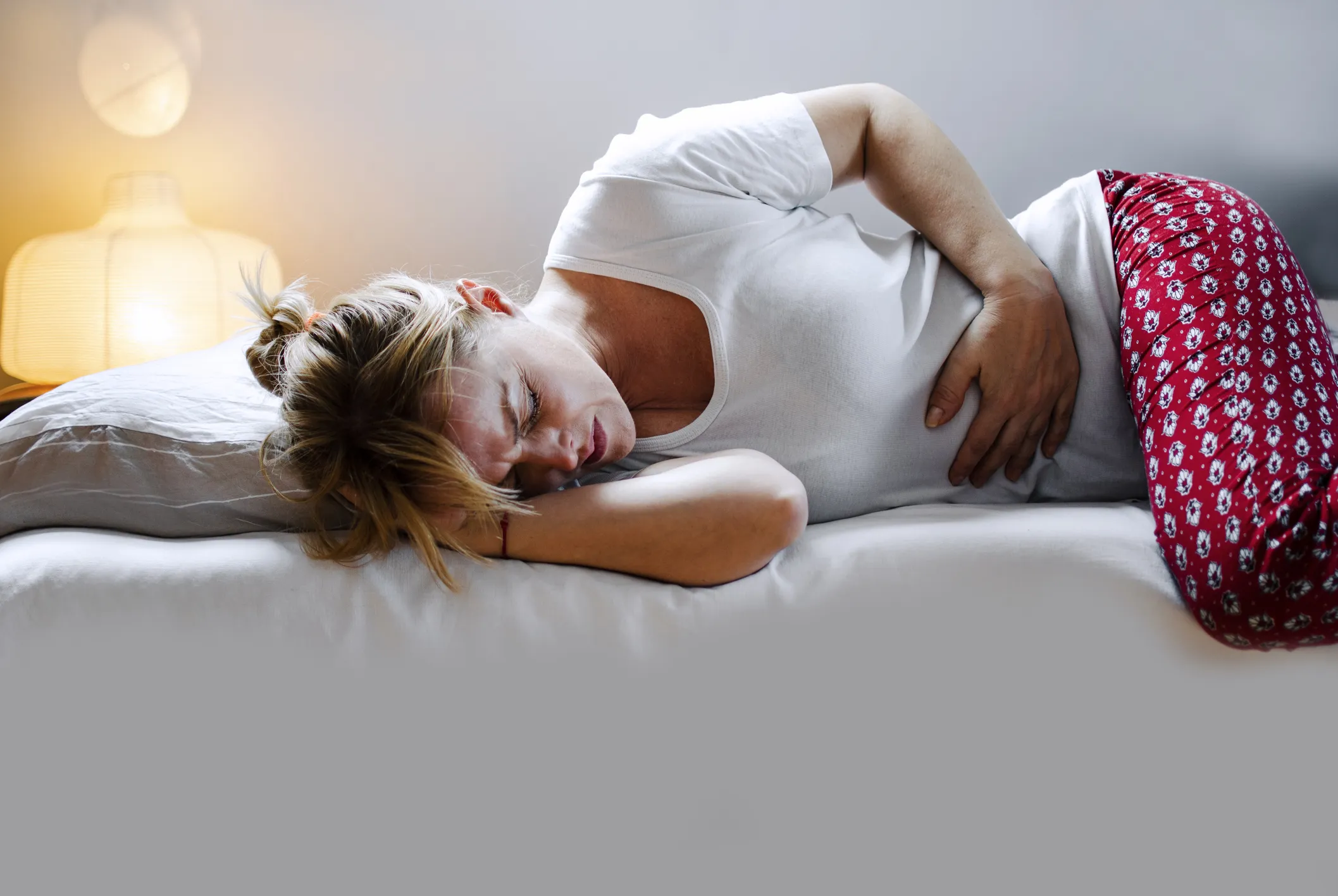
The £5 million project is funded through the EU’s Horizon 2020 programme and includes 16 European partners, including leading research institutes, companies and patient associations.
Endometriosis - which affects 180 million women worldwide - is caused by the growth of lesions made up of tissue similar to the lining of the womb in other parts of the body, such as the lining of the pelvis and ovaries.
On average, it takes 7-8 years to make the correct diagnosis, and only around 20 per cent of all those who have the disease are correctly diagnosed.
Interdisciplinary work
The FEMaLe project will involve the University’s Centre for Reproductive Health and is led by Aarhus University, Denmark.
The multidisciplinary team will bring together various sectors to develop clinical tools to support the decision making of healthcare practitioners. These tools, which will be based on genetic and epidemiological data, will employ cutting-edge machine learning and artificial intelligence.
The researchers will examine how to improve the prevention of endometriosis, its earlier diagnosis and support for self-care.
This will be done by using digital tools to detect different types of the disease, and supporting conversations on treatment options between the patient, doctor and counsellor.
It is hoped that the project will bring about the use of precision medicine and shared data with patients, while acting as a driver for new discoveries in endometriosis research.
I am incredibly excited to be part of this ambitious project which has the potential to transform the care of individuals with endometriosis.
Professor Andrew HorneProfessor of Gynaecology and Reproductive Sciences at the MRC Centre for Reproductive Health
Related links
MRC Centre for Reproductive Health
[Image credit: Biserka Stojanovic via Getty Images]

